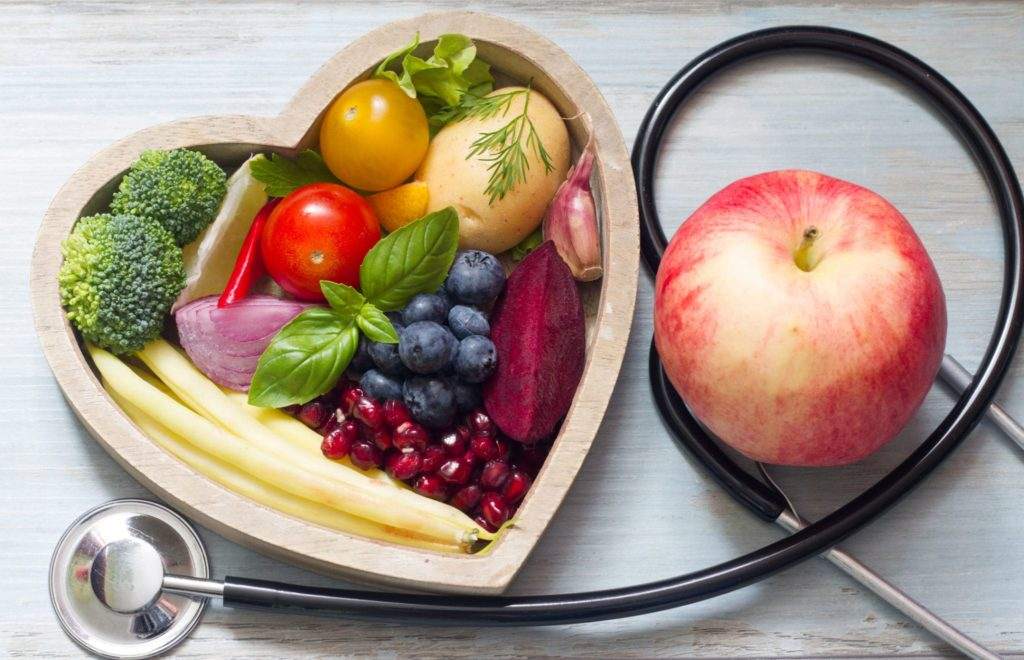A balanced diet is essential for everyone, but men have unique nutritional needs. While men and women share 98.5% of their DNA, certain foods play a special role in men’s health—supporting muscle growth, prostate health, heart function, and even sexual performance.
Here’s a breakdown of the best foods for men and their benefits:
1. Lean Red Meat
- Why? High in protein and leucine, an amino acid that helps build and maintain muscle.
- Key Benefits:
- Supports muscle growth.
- Helps with weight management (protein burns more calories than carbs).
- Caution:
- Choose lean cuts (like sirloin or tenderloin).
- Avoid daily consumption—excess iron may harm some men.
2. Cherries
- Why? Rich in anthocyanins, which reduce inflammation.
- Key Benefits:
- Helps with muscle soreness.
- May reduce gout flare-ups by 50% (eat 10 cherries daily).
3. Dark Chocolate (in Moderation)
- Why? Contains flavonoids that improve circulation.
- Key Benefits:
- May lower blood pressure and bad cholesterol.
- Supports heart health.
- Caution: Stick to 1 ounce per day to avoid excess sugar.
4. Shellfish (Oysters, Crab, Shrimp)
- Why? Packed with zinc.
- Key Benefits:
- Boosts testosterone and sperm production.
- Supports prostate health (low zinc increases prostate issues).
- Best Source: Oysters (3 oz = 445% daily zinc needs).
5. Avocados
- Why? High in healthy monounsaturated fats.
- Key Benefits:
- Raises good cholesterol (HDL) and lowers bad (LDL).
- Rich in antioxidants (eat the dark green part near the skin).
- Caution: High in calories—eat in moderation.
6. Fatty Fish (Salmon, Sardines, Halibut)
- Why? Loaded with omega-3 fatty acids.
- Key Benefits:
- Reduces heart disease risk (the #1 killer of men).
- Better than plant-based omega-3s (linked to prostate cancer risk).
- Avoid: High-mercury fish (tuna, marlin, swordfish).
7. Ginger
- Why? Powerful anti-inflammatory effects.
- Key Benefits:
- Reduces muscle pain (similar to ibuprofen).
- Helps with nausea (ginger tea works well).
- For Best Results: Use concentrated ginger supplements.
8. Dairy (Yogurt, Milk)
- Why? Contains leucine for muscle growth.
- Key Benefits:
- Supports bone health.
- Caution:
- Too much calcium (over 2,000 mg/day) may increase prostate cancer risk.
- Balance with vitamin D.
9. Bananas
- Why? High in potassium.
- Key Benefits:
- Prevents muscle cramps.
- Supports bone health and lowers blood pressure.
10. Pistachios
- Why? Rich in plant sterols and arginine.
- Key Benefits:
- Lowers cholesterol.
- Improves blood flow (may help with erectile dysfunction).
11. Brazil Nuts
- Why? Extremely high in selenium.
- Key Benefits:
- Strengthens the immune system.
- Supports male fertility.
- Just 6-8 nuts = 544 mcg selenium (daily need is 55 mcg).
12. Tomato Sauce
- Why? Contains lycopene.
- Key Benefits:
- May lower prostate cancer risk.
- Supports heart health (reduces artery thickness).
13. Tofu & Soybeans
- Why? High in protein and phytoestrogens.
- Key Benefits:
- May reduce prostate cancer risk.
- Does NOT lower testosterone or cause fertility issues (myth debunked).
14. Colorful Vegetables
- Why? Different colors = different phytochemicals.
- Best Choices:
- Orange (carrots, sweet potatoes): Reduces enlarged prostate risk.
- Leafy greens (spinach, kale): Protects eyesight (lutein & zeaxanthin).
15. Eggs
- Why? High in protein and lutein.
- Key Benefits:
- Supports vision and skin health.
- One egg per day is heart-healthy (cholesterol impact is minimal).
16. Whole Grains (Oats, Brown Rice, Wild Rice)
- Why? High in fiber and nutrients.
- Key Benefits:
- Lowers diabetes risk (brown rice > white rice).
- Wild rice has more zinc and phosphorus (good for nerves & muscles).
17. Blueberries
- Why? Rich in flavonoids.
- Key Benefits:
- May prevent erectile dysfunction (50% of men experience it).
- Anti-aging and artery health benefits.
18. Coffee
- Why? Packed with antioxidants.
- Key Benefits:
- Lowers risk of early death, diabetes, stroke, and gout.
- 2-4 cups per day is optimal.


